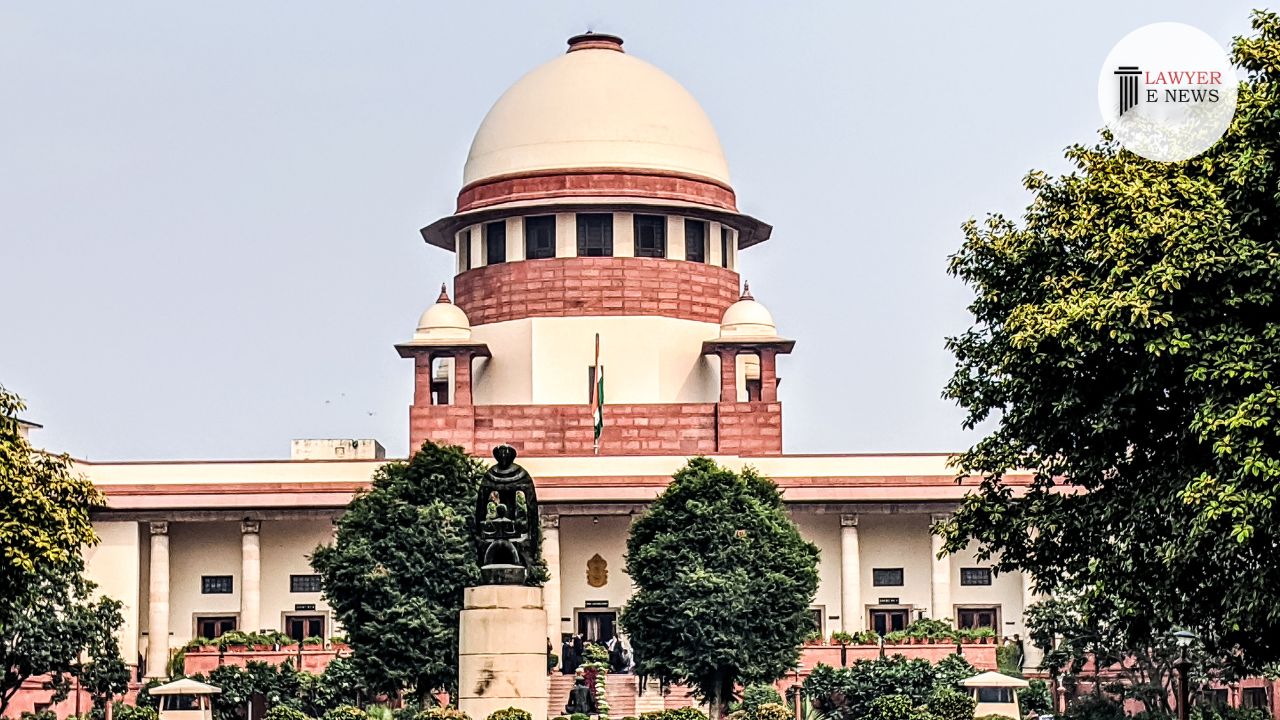-
by sayum
14 February 2026 2:22 PM



Supreme Court overturns Delhi High Court’s interim stay on bail, emphasizing the protection of personal liberty under Article 21.
In a landmark judgment, the Supreme Court of India has overturned the Delhi High Court’s order that stayed the bail granted to Parvinder Singh Khurana. The judgment, delivered by a bench comprising Justices Abhay S. Oka and Augustine George Masih, underscores the necessity of safeguarding personal liberty and sets stringent standards for courts to stay bail orders. The court emphasized that such drastic measures should be taken only in rare and exceptional cases.
On December 1, 2020, the Central Bureau of Investigation (CBI) registered a case against Jay Polychem India Ltd. and associated individuals for offenses under Sections 120-B, 420, 467, 468, and 471 of the Indian Penal Code (IPC), and Section 13(2) read with Section 13(1)(d) of the Prevention of Corruption Act, 1988. Subsequently, on February 23, 2021, the Enforcement Directorate (ED) filed an Enforcement Case Information Report (ECIR) under the Prevention of Money Laundering Act (PMLA). Parvinder Singh Khurana, not initially named as an accused, was arrested on January 20, 2023, after being summoned multiple times for investigation.
After a denied bail application on March 10, 2023, Khurana’s subsequent bail request on June 17, 2023, was granted by the Special Court. The ED sought to cancel this bail, resulting in the High Court’s interim stay on June 23, 2023. The High Court repeatedly adjourned the application for the cancellation of bail, with the stay order remaining effective until the Supreme Court's intervention.
The Supreme Court highlighted the rigorous standards for cancelling bail under Section 439(2) of the CrPC and Section 483(3) of the BNSS. The Court cited the Gulabrao Baburao Deokar v. State of Maharashtra and Puran v. Rambilas cases, emphasizing that bail can be cancelled if the original order is unjustified, illegal, or perverse.
Justice Abhay S. Oka stated, “When a person is arrested, the rights guaranteed by Article 21 of the Constitution of India get substantially curtailed.” The Court stressed that the power to stay a bail order should be used sparingly and only in exceptional circumstances where a strong prima facie case for cancellation exists. The judgment criticized the Delhi High Court’s ex-parte stay, which was issued without proper consideration of the merits, and emphasized the necessity of hearing the accused before such an order is passed.
The Court ruled that ex-parte orders should not be the norm and should be reserved for rare and exceptional cases. It further noted that when such an order is granted, the court must immediately schedule a hearing to decide on the continuation of the stay.
Justice Abhay S. Oka remarked, “Liberty granted to an accused under the order granting bail cannot be lightly and causally interfered with by mechanically granting an ex-parte order of stay.”
The Supreme Court’s ruling underscores the judiciary's commitment to protecting personal liberty and sets a precedent for handling bail-related matters. By overturning the High Court’s interim stay, the judgment reaffirms the principle that bail can only be stayed under exceptional circumstances, ensuring that the rights guaranteed under Article 21 are upheld. This decision is expected to influence future cases, promoting a more judicious application of power in bail matters.
Date of Decision: July 23, 2024
Parvinder Singh Khurana vs. Directorate of Enforcement
